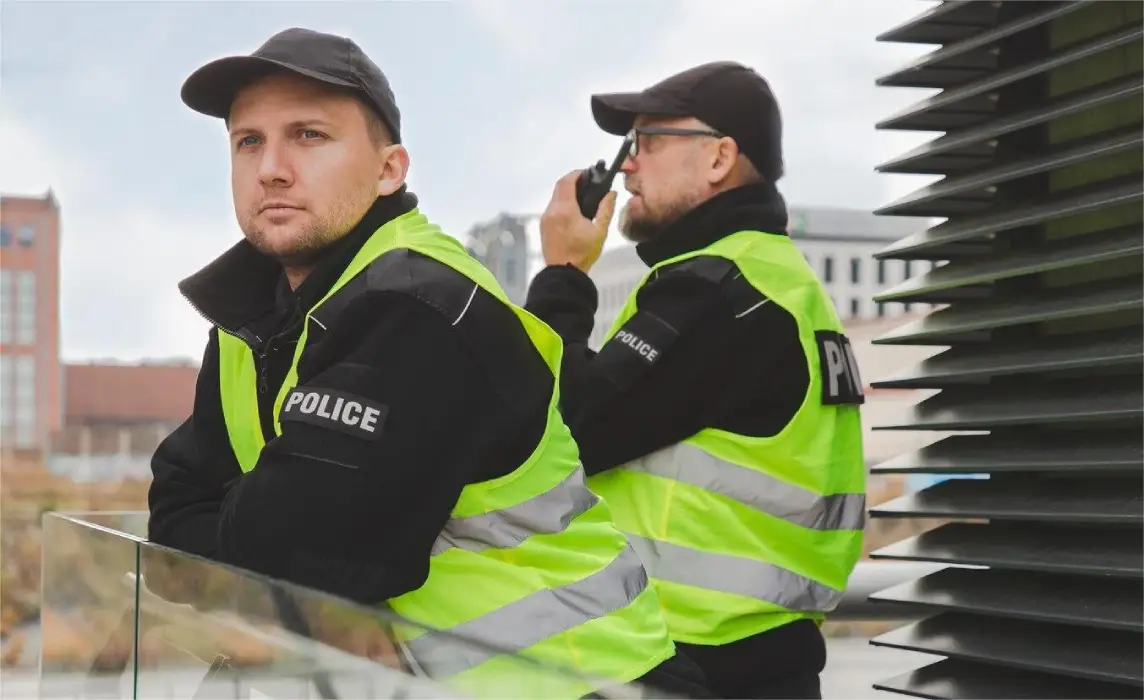
CCTV Licence If I Work in a Retail Supermarket
By London Security College Is Your Licence Near to Expire? SIA Refresher Training + First
Home » How to become a CCTV Security Officer?
By London Security College
Join us in a SIA Top Up Training to renew your licence
A CCTV (closed circuit television) operator works in a central control room, monitoring and controlling a bank of screens. These are linked to surveillance cameras placed in public places, buildings and places such as construction sites, to detect and prevent crime, and protect people
To work as a qualified CCTV officer, you will need to get one of the qualifications linked to Public Space Surveillance (CCTV) licensing you will need to attend a training course and pass the exam. (Minimum 27 hours Class is required by SIA for this course- without completion of 27 hours your certificate may be invalidated).
You could be:
You should be:
You should have:
Once you obtain your CCTV license, you may be given further training by your employer, this is usually on the job training.

By London Security College Is Your Licence Near to Expire? SIA Refresher Training + First

By London Security College Is Your Licence Near to Expire? SIA Refresher Training + First

By London Security College Is Your Licence Near to Expire? SIA Refresher Training + First

By London Security College Is Your Licence Near to Expire? SIA Refresher Training + First
London| Birmingham| Manchester | Leeds | Glasgow | Sheffield
London Security College is the leading supplier of SIA Licence courses in London. We excel in SIA Courses such as SIA Door Supervisor Course, SIA Top Up Training, SIA CCTV Surveillance Course, First Aid Courses, Traffic Marshal Banksman Course Online, and Forklift Training Course.
“It is impossible for a man to learn what he thinks he already knows”
London Security College
International House,
24 Holborn Viaduct,
London, EC1A 2BN
020 8050 4108
Copyright © LONDON SECURITY COLLEGE is a training and hiring platform

Fill in the form below